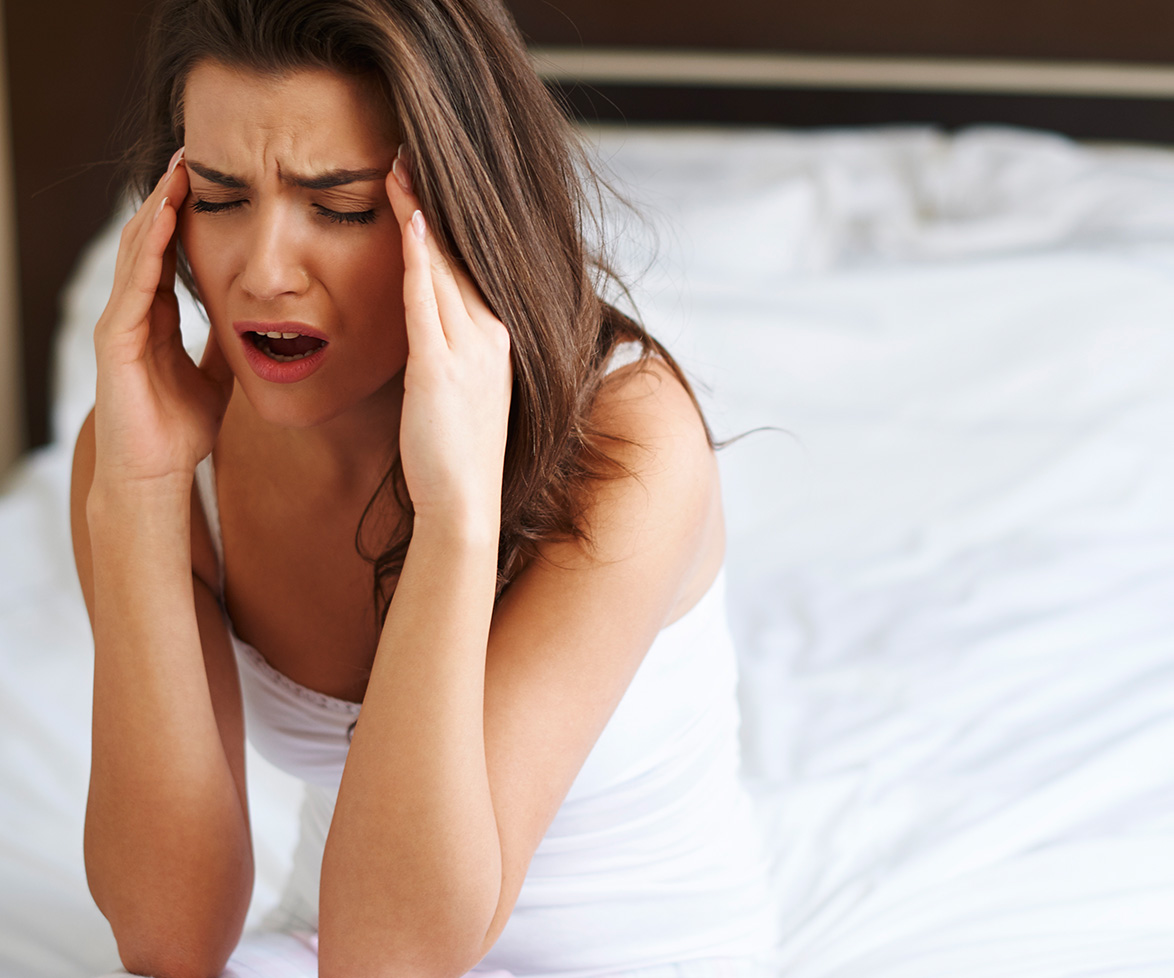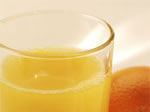The festive season brings with it late nights, too much ham to know what to do with and, for those who enjoy the occasional tipple (or three), the potential of an almighty hangover.
With this in mind, researchers believe they have come up with a way to blitz that banging headache, all without having to spend a cent.
One word: exercising.
According to two new animal studies, which were conducted by the University of Louisville and the University of Houston, the brains of the rats and mice they gave alcohol to were “substantially different” after exercising compared to rodents who didn’t.
This comes as numerous pieces of research in the past have determined that alcohol can have detrimental effects on the brain’s memory. As the New York Times puts it, this shows up in the reduction of the brain’s neurons post-binge-a-thon, and also weakens cell powerhouses called mitochondria.
It is the mitochondria levels in the rodents who were given alcohol and then engaged in a few sessions of running that stayed level and didn’t weaken. Other rodents who didn’t exercise saw a drop in mitochondria.
While this discovery gives us one possible solution for masking a few too many celebration sips from the night before, experts say this doesn’t give people permission to binge drink. They also emphasise that more research into how much and what kind of exercise helps a hangover needs to be conducted (although, they do say that going for a run after a big night is “probably wise”.
As the Australian Government’s Department of Health recommends, men and women should drink no more than four standard drinks on one single occasion to reduce the risk of alcohol-related injury. For good health, men and women should drink no more than two standard drinks on any day to reduce their risk of alcohol-related disease or injury.


